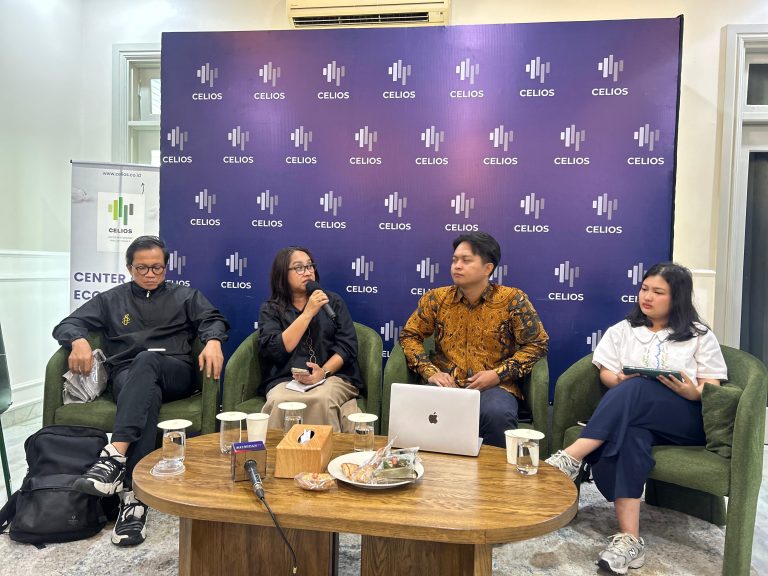Jakarta — President Prabowo Subianto’s debut speech at the 80th United Nations General Assembly has drawn sharp criticism from Indonesian civil society groups, who described his statements as inconsistent with domestic realities.
In a press release on Wednesday, September 24, civil society coalition JustCOP, or Justice Coalition for Our Planet, said the message was inadequate. Researchers noted a decline in rice yields and a sharp increase in domestic prices, which contradicted claims about food security. Jaya Darmawan from CELIOS said, “In fact, rice fields are shrinking and prices continue to rise.”
In a press release on Wednesday, September 24, observers say the message fell short. Researchers noted declining rice harvests and soaring domestic prices, contradicting claims of food security. Jaya Darmawan of CELIOS said, “The reality is rice fields are shrinking and prices keep climbing”.
In New York on Tuesday, Prabowo highlighted Indonesia’s achievements in rice self-sufficiency, a pledge to restore 12 million hectares of degraded land, the construction of a 480-kilometre sea wall, and the ambition to reach net-zero emissions by 2060 or earlier. His remarks marked the first address by an Indonesian president at the UN in a decade.
Environmental groups also pointed out that Indonesia has yet to submit its updated climate commitments (SNDC), missing the September 20 deadline. Nadia Hadad of Madani Berkelanjutan argued that technical fixes, such as reforestation, cannot replace addressing structural inequalities that fuel the climate crisis.
Meanwhile, energy analysts criticised the government’s downgraded renewable energy targets, which project only 19–23% of the energy mix by 2030, lower than previous goals. “With fossil fuels still dominating, the Paris target is out of reach,” warned ICEL researcher Saffanah Azzahra.
Human rights advocates also accused Prabowo of double standards. Usman Hamid of Amnesty International Indonesia said pledges to uphold peace ring hollow without ratifying international treaties or addressing rights abuses at home. “Why polish Indonesia’s image abroad while neglecting human rights domestically?” he asked.
Civil society groups concluded that Indonesia’s global diplomacy will only hold weight if it aligns with justice in climate, food, and human rights policies at home. (nsh)
Banner photo: JustCOP, or Justice Coalition for Our Planet















